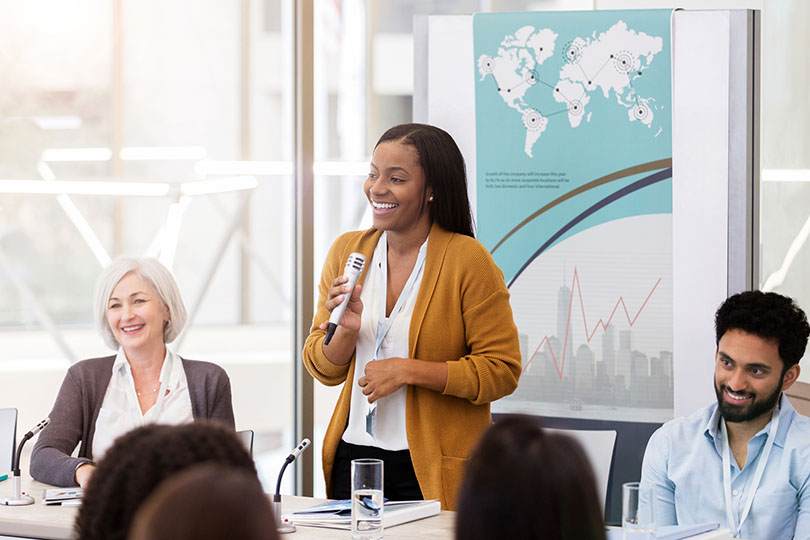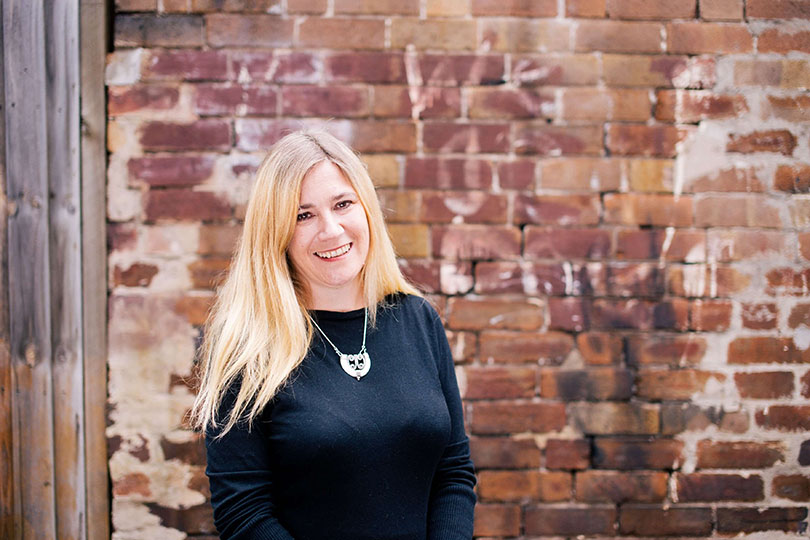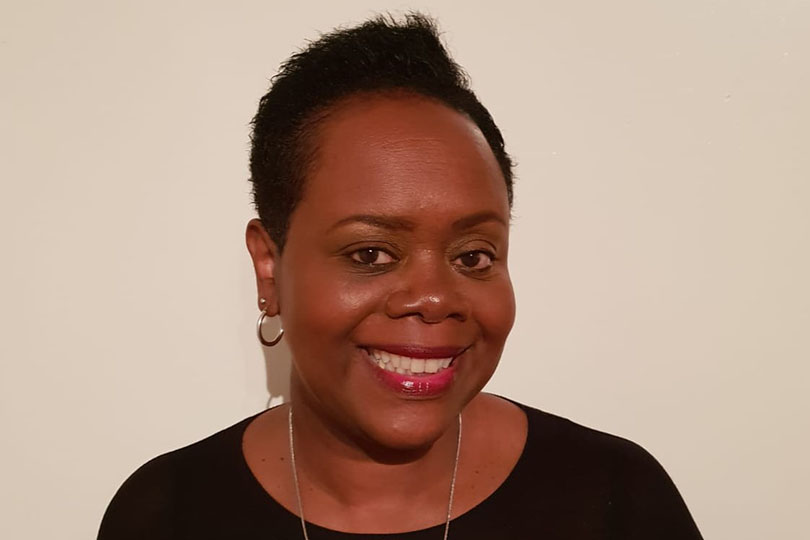The myriad benefits of D&I training
Training staff on diversity and inclusion can raise awareness, fight racism and shift mindsets. Abra Dunsby speaks to two professionals to glean their learnings
The rise of the Black Lives Matter movement last year gave Intrepid Travel the opportunity to reflect on how it educates staff on issues surrounding diversity and inclusion, and the work still to do. “While we’ve had unconscious bias training as part of our on-boarding process for several years and talked about diversity, we understood there was a lot more to this and addressing racism,” explains Natalie Kidd, chief people and purpose officer.
The operator committed to running anti-racism training, and after speaking with colleagues about their own experiences in travel, Kidd realised how important it would be in raising awareness. “I started talking to colleagues I’ve known for years and, because of the good relationships I have with them, a few of them opened up and I was shocked to hear their personal experiences and realised we needed to do more to open up that conversation and train people.”
Due to the global nature of Intrepid’s team – “We have people from over 60 different nationalities working in 30 different countries,” explains Kidd – the decision was made to create bespoke online training last September, featuring a range of readings, videos and external speakers that could share a global perspective and explore what racism looks like in the different regions Intrepid operates, from Latin America to south-east Asia.
CHANGING PROCESSES
Kidd sees the training, which is mandatory for all staff, as a “first step” in the fight against racism. “We want to keep the conversation going and are looking at rolling out a second part of the training in the next few months,” she says.
It also forced the operator to look at how it could improve processes such as recruitment. “As a global team, we believed we were truly diverse, but then if you look at individual offices, we can ask the question, ‘how diverse are we in those locations?’ That’s where our attentions are now starting to focus.”
The next steps include launching an anonymous D&I survey to measure how inclusive the operator is currently and putting a recording mechanism in place to help them set future targets.
Recruitment changes are being considered for when the industry picks up again, including advertising jobs to different groups focused on ethnic minorities, anonymising CVs, shortlisting for diversity and including more diverse interview panels.
The operator has also amended marketing practices to include more diverse voices, videos and images in its collateral.
For others looking to improve their D&I processes and welcome more people from different races and ethnic backgrounds, Kidd advises: “It starts with measurement and reflection – then identify problems and set goals for how to do better.”
She believes the industry has much more to do when it comes to D&I. “Everyone can always do better,” she says. “Diversity is something we celebrate when we travel, so we should celebrate it in our day-to-day business too.”
CALLING OUT PREJUDICE
Carol Hay, business development director of the CTO Chapter, UK and Europe, recently completed a free, seven-week Diversity, Equity and Inclusion (DEI) in the Workplace online course with the University of South Florida.
She explains her motivations for doing so: “I’ve always had an interest in DEI, more so because of so many issues that have been raised across the globe [recently] and I wanted to move from having an interest to having an informed voice and being able to speak on the subject.”
Hay learnt a great deal from the course, such as the laws surrounding DEI in the workplace, and how to be a better D&I champion.
For example, she says the course taught her to call out “jokey” office behaviour that plays up to people’s unconscious biases or stereotypes.
“People might say things and want you to accept it as a joke, but it isn’t – they’re using biased behaviour towards you or being prejudiced. There are laws in the workplace that speak to this – you’re not being sensitive or overemotional when you call out certain issues.”
Another course module revealed that the procurement of services in travel needs to be updated. “In the US, many institutions have a DEI component with regards to procurement procedures for goods and services, ensuring that people of colour – as well as of varying abilities, genders and sexual orientation – have the opportunity to be a part of the procurement process,” Hay explains.
She believes travel should not only take learnings regarding its supply chain, but also recruitment. “We must ask ourselves, are we fishing in diverse ponds and reaching out to diverse communities? We must create avenues for everyone to feel that if they have the skills, knowledge and experience for a role, they have the opportunity to be employed.”
ALL ABOUT ALLYSHIP
The course also highlighted the importance of allyship in the workplace in helping to call out issues and in aiding new starters from diverse backgrounds to feel welcome in a company.
She agrees that travel has a long way to go on its journey towards being more diverse and inclusive. “Travel should be the most diverse industry in the world and it isn’t, which is a pity as diversity could bring so much to it. DEI needs to be intrinsic in everything we do.”
WAYS TO GO FURTHER
Carol Hay reveals four more key learnings for the industry from her DEI training
- Look out for new voices: When you have events, whether internal or external, look at who can be speakers and bring someone different to the table.
- Create open circles: Set up employee groups where people who identify as under-represented feel there is a safe space for them to speak up about challenges in the workplace, so that changes can be made.
- Speak wisely: Don’t use the word “diversity” glibly. An all-white panel featuring one woman is not diverse.
- Be mindful of your team: If you’re a chief executive holding a social event with colleagues, consider how inclusive the activity is. After-work drinks can exclude those who have to pick up kids, people with certain religious or personal beliefs and those from lower-income brackets who are worried about buying rounds. Ask staff for alternative activity suggestions.

















